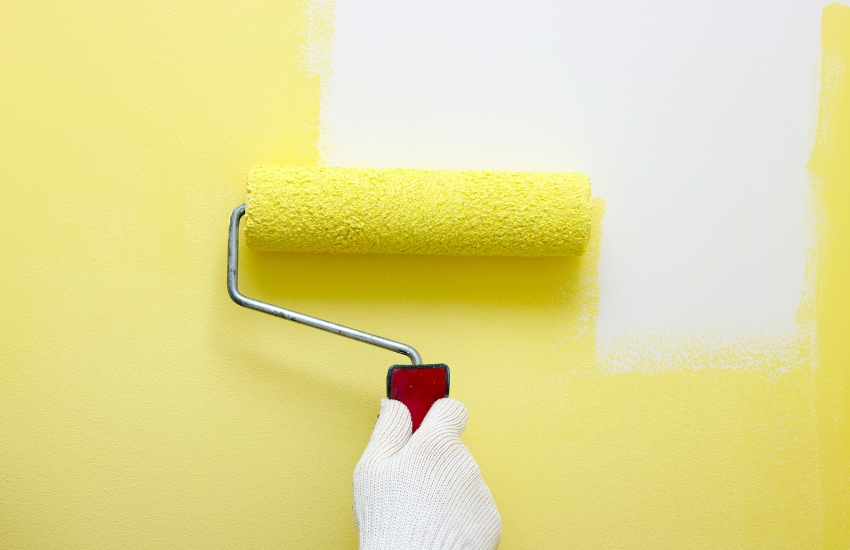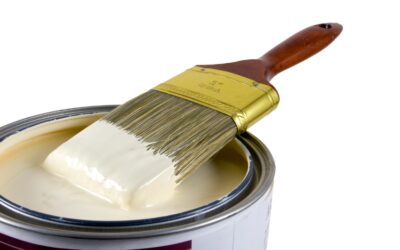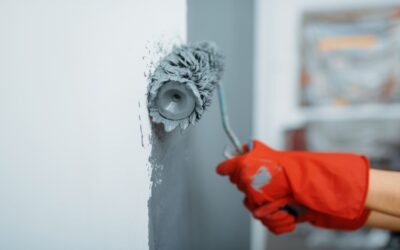How Industrial Coatings Safeguard Your Property Against Harsh Conditions

Industrial properties are exposed to some of the toughest environmental and operational conditions—corrosive chemicals, extreme temperatures, heavy machinery, moisture, abrasion, and more. Over time, these elements can lead to serious damage, safety hazards, and expensive repairs.
That’s where industrial coatings come in.
These specialized protective finishes are engineered to do more than just look good—they serve as a critical shield that defends your facility, equipment, and infrastructure from the harshest conditions. Let’s explore how industrial coatings safeguard your property and why they’re essential in any long-term maintenance strategy.
1. Superior Protection Against Corrosion
One of the biggest threats to industrial structures—especially those made of metal—is corrosion. When steel or iron is exposed to moisture, oxygen, and chemicals, rust forms quickly, weakening the structure and shortening its lifespan.
Industrial Coatings Prevent Corrosion By:
-
Sealing metal surfaces from water and oxygen
-
Using zinc-rich primers for galvanic protection
-
Applying epoxy or polyurethane topcoats for added resistance
Industries like oil & gas, marine, and manufacturing rely heavily on corrosion-resistant coatings to extend the life of pipelines, storage tanks, and support structures.
2. Resisting Chemical Exposure
In environments where acids, solvents, fuels, or other harsh chemicals are present, traditional paint systems break down rapidly. Industrial coatings are formulated to withstand chemical attacks and prevent surface degradation.
Common Applications Include:
-
Chemical processing plants
-
Water treatment facilities
-
Food and beverage production areas
-
Laboratories and cleanrooms
Epoxy, novolac, and fluoropolymer coatings are often used in these settings due to their high chemical resistance and low permeability.
3. Withstanding Extreme Temperatures
Whether your facility is exposed to freezing cold or high-heat operations, temperature swings can wreak havoc on unprotected surfaces. Some coatings expand and contract with the substrate, reducing the risk of cracking or peeling.
High-Temperature Coatings:
-
Protect equipment like boilers, furnaces, and exhaust systems
-
Prevent thermal breakdown or discoloration
-
Maintain performance even in continuous heat exposure up to 1000°F+
In colder environments, flexible coatings prevent brittleness and cracking caused by thermal shock.
4. Defending Against Abrasion and Impact
In high-traffic industrial environments—think forklifts, pallet jacks, heavy tools—surfaces take a beating. Without proper protection, floors, walls, and equipment can wear down quickly.
Abrasion-Resistant Coatings:
-
Use polyaspartic or urethane systems for durability
-
Offer high tensile strength and hardness
-
Reduce surface damage from heavy machinery and constant movement
Floor coatings in warehouses, loading docks, and manufacturing plants are a prime example of this application.
5. Preventing Moisture and Mold Issues
Moisture is a silent enemy in many facilities, especially those with poor ventilation or located in humid environments. It can lead to structural damage, mold growth, and even electrical failures.
Moisture-Proof Coatings:
-
Create a vapor barrier on concrete, steel, or drywall
-
Inhibit the growth of mold, mildew, and bacteria
-
Are ideal for food processing plants, hospitals, and basements
Waterproof epoxies, acrylics, and elastomeric coatings help prevent moisture intrusion in critical areas.
6. Improving Safety and Visibility
Industrial coatings also contribute to workplace safety by:
-
Marking hazardous zones and pedestrian paths with floor striping
-
Using non-slip coatings in wet or oily areas
-
Improving light reflection for better visibility in dark spaces
These safety-enhancing coatings can help reduce accidents and improve workflow efficiency.
7. Compliance with Industry Standards
Many coatings are formulated to meet:
-
OSHA safety requirements
-
EPA environmental regulations (e.g., low-VOC coatings)
-
Fire and building codes for fire-retardant protection
Professionally applied industrial coatings ensure your facility stays in compliance with local and federal guidelines—helping you avoid penalties or shutdowns.
Final Thoughts
Harsh industrial conditions are inevitable—but damage doesn’t have to be. With the right industrial coatings, you can extend the lifespan of your infrastructure, reduce repair costs, and maintain a safer, more efficient facility.
Whether you’re dealing with corrosion, chemicals, extreme heat, or high traffic, there’s a coating system engineered to protect against it—and professionals trained to apply it right.


